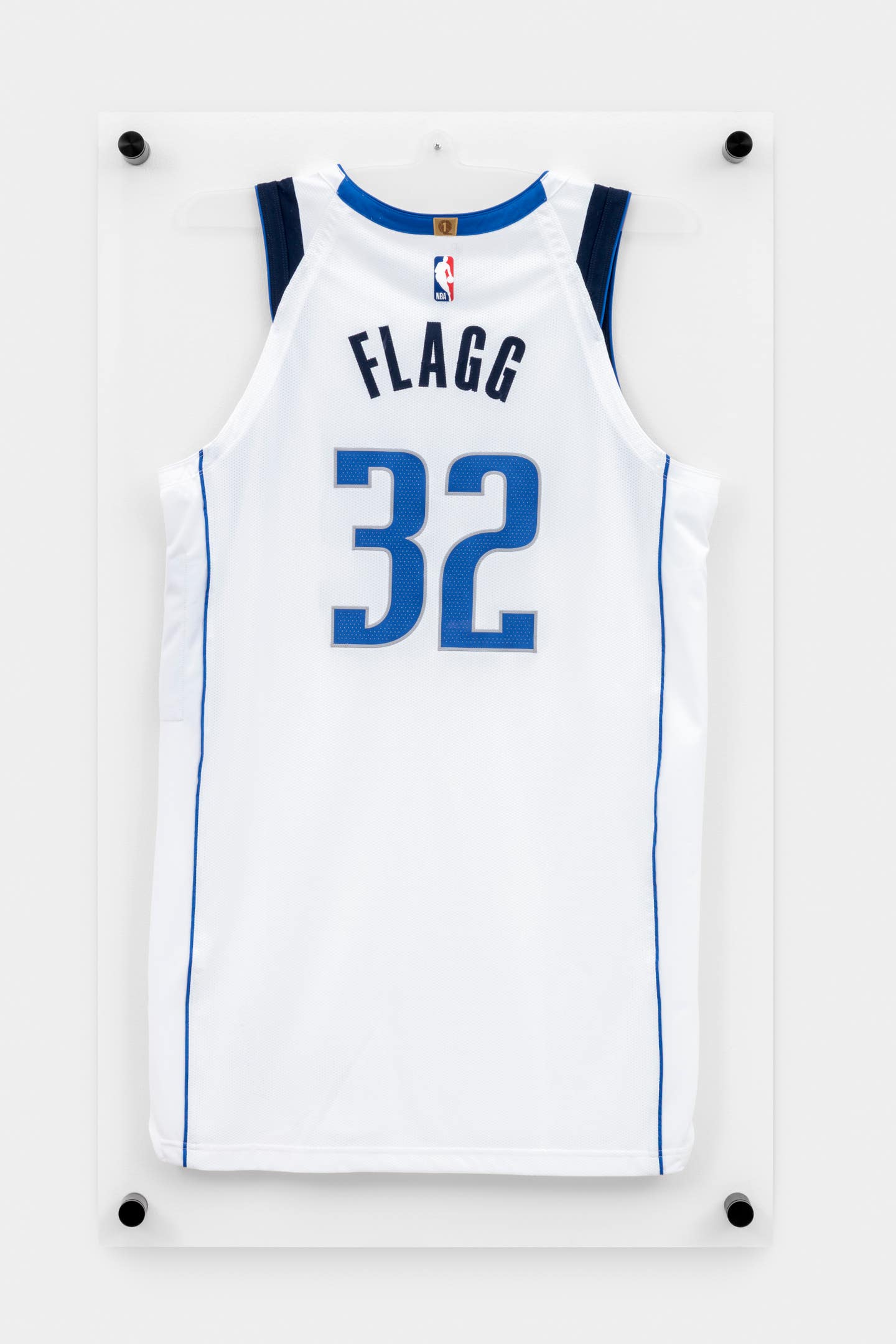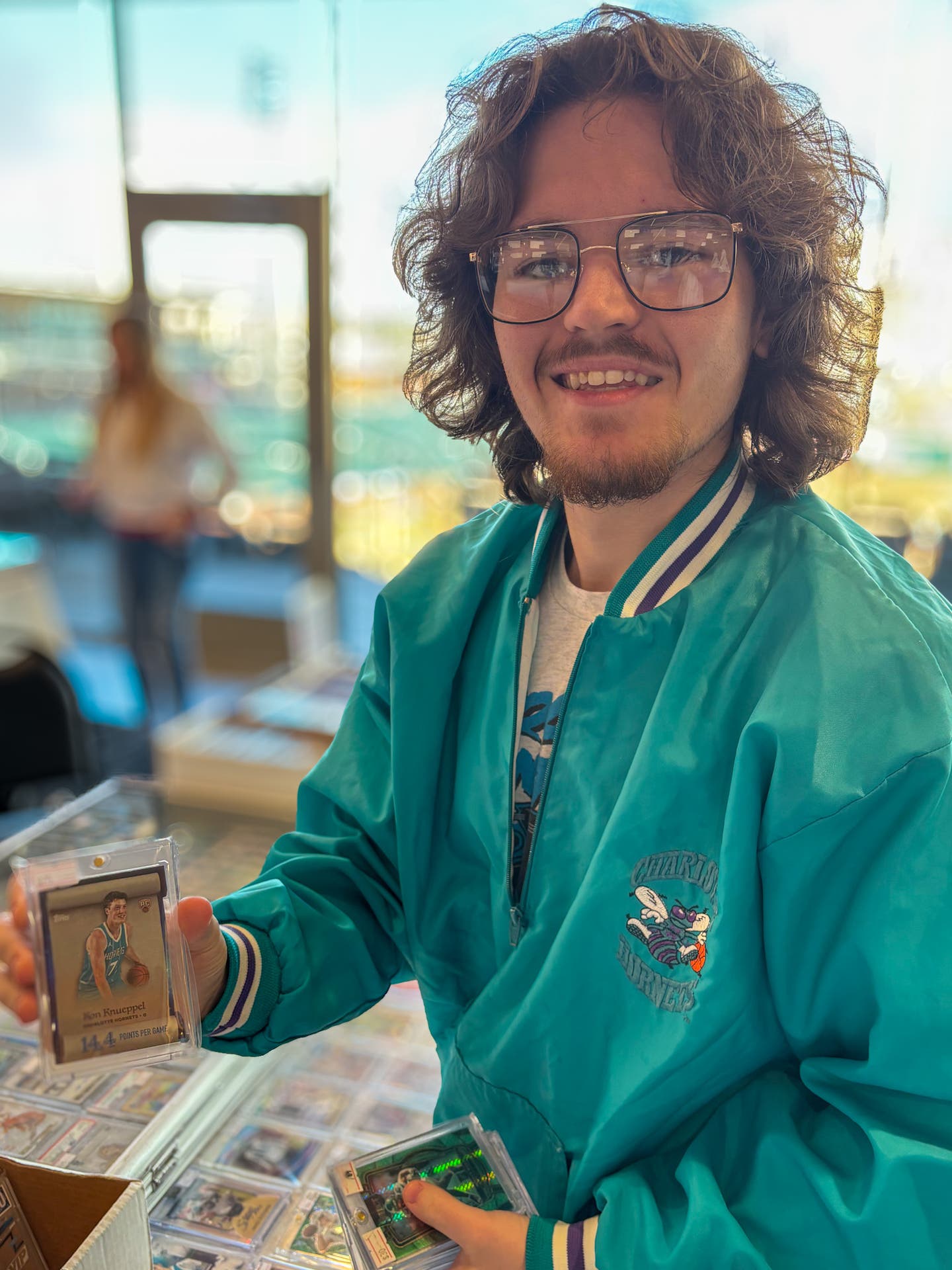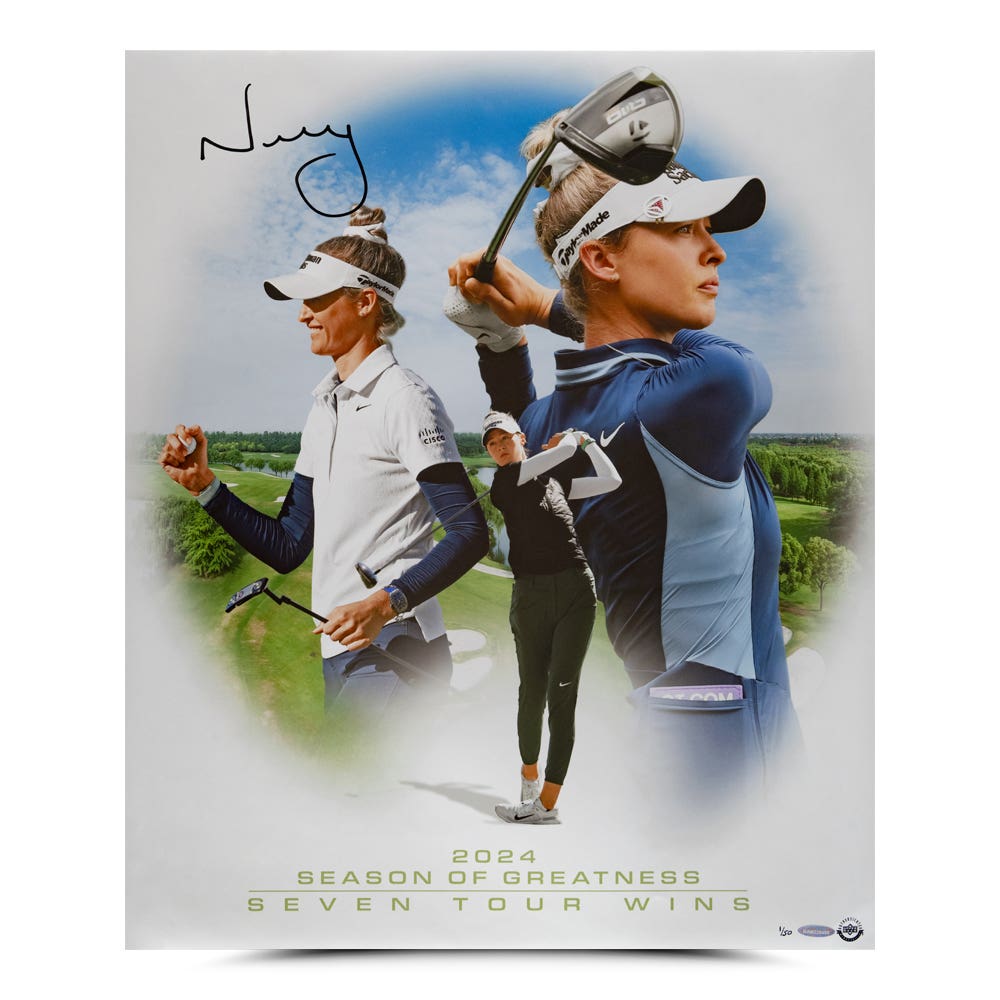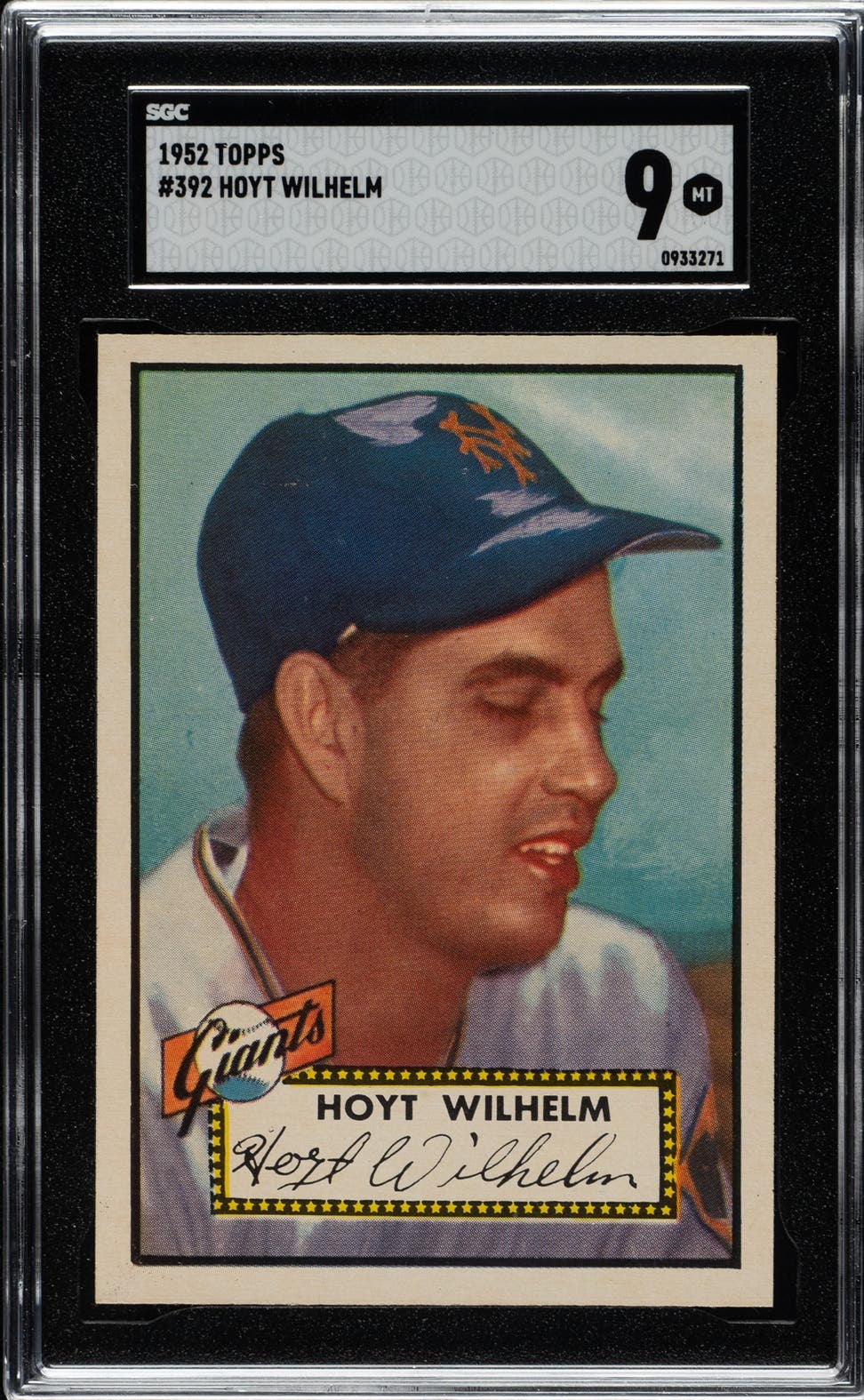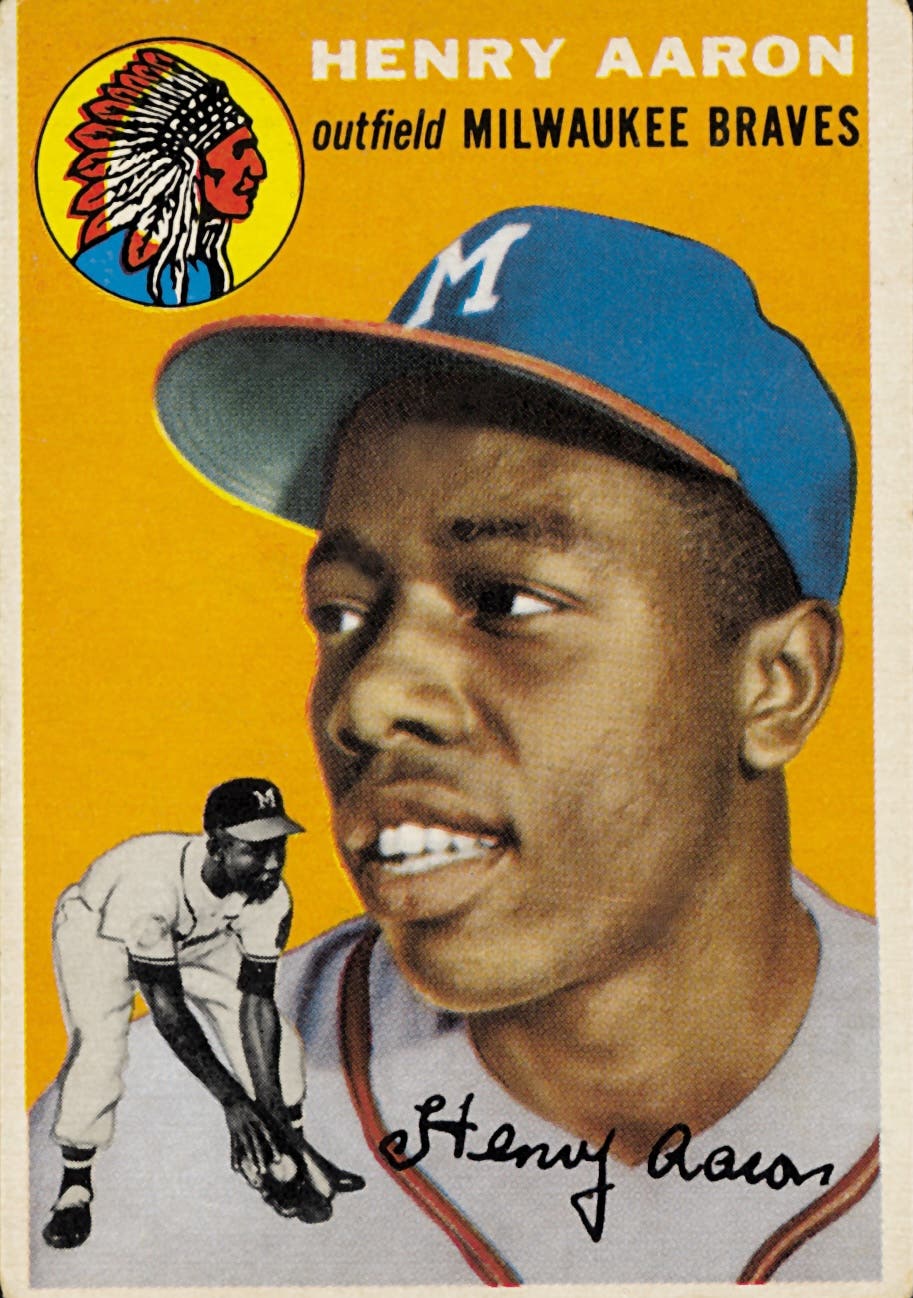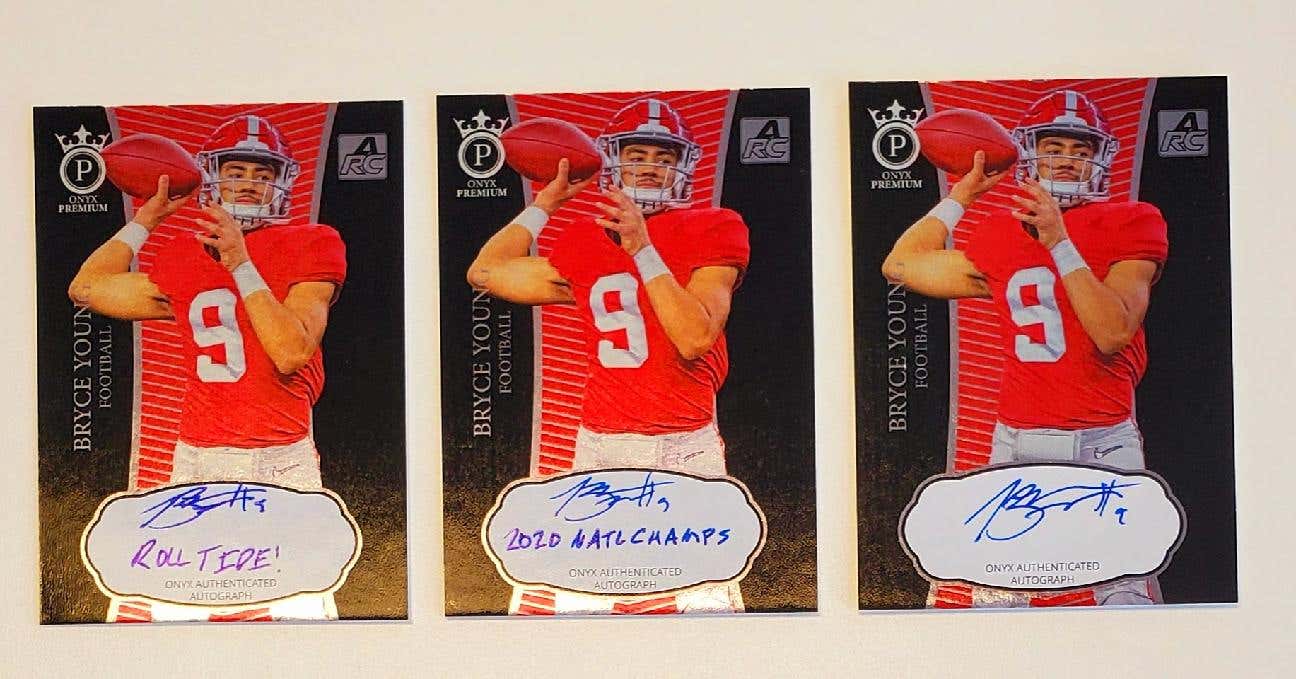
News
New NCAA NIL rules a game-changer for college athletes, card collectors
Ready to make his mark on the sports card and memorabilia hobby, Spencer Rattler sat down with a pen in hand.
The star quarterback at the University of Oklahoma was about to make history as the first collegiate athlete to sign autographs for money at a major memorabilia convention under the new NCAA name, image and likeness (NIL) policy that went into effect on July 1.
Rattler was taking care of some autograph obligations backstage of the autograph pavilion at the National Sports Collectors Convention on July 31 when a familiar face approached. NFL Hall of Fame running back Emmitt Smith had a little advice for Rattler.
Rattler’s NIL representative Chris Cabott and Onyx Authenticated president Lance Fischer stood back as Smith guided the young athlete.
“Emmitt was saying, ‘You need to make sure you know which helmets are yours, and jerseys, tag your jerseys a certain way,’” Fischer recalled. “He said, ‘Don’t let the schools keep everything. This is all you. Make sure you make your money. Pay the school for the jerseys. You buy the jerseys and then you get to use those jerseys as long as they’re within NCAA compliance for the jersey itself.’ He goes, ‘You buy everything, you own it. And if you have to share any of that with Oklahoma for the logo rights, then do that. But that’s what you need to do.’”
That’s exceptional instruction from a guy who built his brand in college, ripping apart SEC defenses at the University of Florida almost three and a half decades ago.
“I was right there and I was totally agreeing with Emmitt,” Fischer said. “This is your opportunity to take advantage of a situation that wasn’t presented in the past. Emmitt said he could have made a ton of money based on the new NIL rules.”
Under NIL, college athletes are able to profit from signing autographs, partnering with brands to advertise through social media, teaching at camps or offering private lessons, starting their own business and participating in advertising campaigns.
Rattler — like other top college football players around the country — was quick to latch onto NIL deals to make money. Rattler signed with Cabott from Steinberg Sports, and offers have come rolling in.
After finishing up backstage at The National that Saturday, Rattler made his way out to the signing area to meet hundreds of interested autograph seekers. He signed for $150 per autograph, $60 per inscription and posed for photos for $150 each.
“I know he was honored to have been there and to have made that history,” Cabott said. “He enjoyed himself. He enjoyed the fans. Spencer’s a great young man, a great communicator, very engaging.”
Rattler, who could be the No. 1 overall selection in the 2022 NFL Draft, also signed an endorsement deal with fast-food chain Raising Cane’s. He isn’t the only college football player who has cashed in early on NIL deals.
Oregon defensive end Kayvon Thibodeaux signed a massive deal with United Airlines. Prior to even playing his first college football game, first-year Alabama quarterback Bryce Young had already accepted NIL deals in excess of $800,000, according to ESPN. When the NIL deals went into effect, Crimson Tide coach Nick Saban came out publicly and stated that Young was set to make “almost seven figures.”
Industry experts agree that NIL is going to make a huge impact on the sports card and memorabilia industry. Fischer, whose company is producing cards of big-name college athletes, knows it has already opened a new door for collectors.
“You have a massive fan base that follows college only — they couldn’t really care less about the professional leagues. But college, they’re diehards, especially in the south with football,” Fischer said. “Because of that, now where you didn’t have autographed cards of University of Alabama players or Clemson players but you had to wait until after they graduated, really that was more geared towards their new professional team. But now you’ve got this when they’re freshmen or sophomores and it is going to open the door to a new collector.
“I really feel strongly about that. Same thing with college basketball, college soccer, women’s [sports]. A lot of women’s sports that really didn’t have that ability because it really is such a college following than anything else — it didn’t exist before — and I think now it will.
“I think you’re going to see more products put out there, more types of memorabilia and it’s just going to put more fuel on a fire in an industry that’s already just white hot.”
Leaf Trading Cards has also jumped into producing cards of college athletes, but that is nothing new for the 11-year-old company. It has owned the licenses for the Perfect Game All-American cards as well as All-American Bowl Football cards for years. Leaf CEO Brian Gray said his company has been making cards of high school football players who were going to play in college before it was cool or allowed. Leaf operated within the rules because the players weren’t compensated.
Gray believes the ability to produce collegiate athlete cards and memorabilia could be a game-changer for the hobby.
“What will be interesting is to see what the impact is of these guys having cards when they’re freshmen and sophomores in college, when they come out when they’re juniors,” Gray said. “I’m not sure what that looks like, but we’ll see. The jury’s really out here, because no one has a clue. I’m being honest, none of us know. We don’t know what to pay for these kids — we do our best in assessing a value. But this is the wild, wild West.”
QUESTIONS REMAIN
Even a few months into NIL, there is still a lot up in the air. There aren’t many guidelines that trading card and memorabilia companies have to follow. The company owners are learning as they go.
Since federal legislation hasn’t been passed, NIL laws are regulated on a state-by-state basis. As of July 29, 28 states had signed legislation or issued executive orders allowing athletes to profit off deals.
Because college athletes still hold amateur status, they don’t sign with agents but have representatives. The card and memorabilia companies have had to jump through hoops to get each player’s representative to line up deals. That rep must then get approval from the compliance office of the college the player attends. That sometimes entails sending the school exactly what a trading card will look like with their athlete on it, Fischer noted.
The process to sign college players to contracts is trickier for trading card and memorabilia companies than getting professional and minor league athletes lined up.
“That’s the one thing that we were always curious [about] — how is this going to work when it comes to not only getting the player approval to do this stuff, but also getting the school signoff on it so that they maintain eligibility and we’re not crossing any lines that aren’t supposed to be crossed,” Fischer said.
Hearing about college athletes signing autographs for money isn’t a new thing for Steve Grad. Now the principal authenticator at Beckett Authentication Services, Grad remembers back in the 1980s and ’90s when money exchanging hands with college athletes was a hush-hush endeavor.
“That was the underbelly of the business,” Grad said. “Truthfully, it was college athletes that signed to get paid. I could go over almost every big athlete now that’s … let’s say was in the NFL or NBA, those guys have been taking money for years. I don’t think it’s anything new. But it’s now on the up and up, it’s really weird. That’s why when Rattler was at The National, it’s like, ‘This is strange, man.’ I’ve been going to shows since 1980, and then here you have a college player getting paid signing at The National.
“I remember the Reggie Bush days, when the guys out in southern California that I did a lot of work for, they were doing Reggie Bush [signings] like once every two weeks and they were paying him, I believe, $100, $120 an autograph back when he was in college. But you had to go through like five different layers; they would switch hotels constantly. He didn’t want to get caught.”
Goldin Auctions founder and chairman Ken Goldin was ahead of his time when it came to featuring young up-and-coming athletes on cards. When he owned The Score Board back in the 1980s and ’90s with his dad, the Goldins purchased Classic and produced draft pick cards. Now, 30 years later, Goldin believes NIL will be impactful on the hobby.
“I went out in 1990 with the first-ever baseball draft pick card and I signed college players,” Goldin said. “The goal was to put them out on trading cards prior to their pro card hitting and we had a narrow window. If I could have signed players while they were still in college and had a year or two window, my God, I would have sold hundreds upon hundreds of millions of dollars.
“I think it’s a mammoth opportunity.”
COLLEGE CARDS HIT MARKET
When NIL deals went into effect on July 1, it was game on for Onyx and Leaf to produce what are called amateur rookie cards (ARC) of the next big stars in professional sports.
Fischer, who started Onyx in 2011, believes that even though these cards will be unlicensed, they will attract plenty of collectors. Because colleges want to protect their name and want to profit from it as well, trading card companies aren’t able to use school logos on their products. But that could change soon in this evolving NIL world.
“The University of North Carolina, I think, is the first — they are going to start licensing out rights to their logos and designs and everything like that,” Fischer said. “They’ll do like a profit share or a rights share, whatever it is, but they’ve opened that door and I think there’s some other schools that are entertaining that. I think it’s only a matter of time before all the schools do it.”
Onyx inked a deal with Rattler for him to sign on-card autographs for 125 of its Premium cards — 10 of those were numbered with inscriptions of “Boomer Sooner” — on site at The National.
“Spence loved it,” said Fischer, who sat down with Rattler at the signing. “He said he’d much rather sign on-card than stickers. He wasn’t really impressed with signing stickers.”
At the Onyx booth at The National, Fischer was selling the Rattler autographs numbered to 10 for $250. By mid-August, a number of those ungraded cards appeared on eBay for the asking price of $1,000. The unnumbered cards were going for around $300 on the large online marketplace.
As of the first week in September, Onyx had signed close to 100 college athletes to NIL deals for its trading card products.
Onyx, which is based in Orlando, is going to be releasing its Vintage College Football product at some point in November. It will feature Rattler, Young and other big-name college football players. Fischer said the product — like all Onyx cards — has a low print run. For example, all the Rattler cards will be numbered: 300 blue, 50 green, 25 red and five black.
“The checklist is going to be loaded,” Fischer said. “A lot of these college guys want in. We’re having to, unfortunately, bat some away that at this point doesn’t make sense in a sense of a budget take. Finding guys has definitely not been a problem.”
When it was a go for Leaf to generate college athlete cards, Gray opted to sign Rattler as their first NIL client. Gray said it just made sense because he’s a junior and a safe bet to be an elite draft pick. Leaf printed Rattler ARC cards, in the design of the 1989 Pro Set, in early August for sale. The cards were print to order — let the market decide the demand, according to Gray — and available for collectors to purchase for two weeks on Leaf’s website. Leaf had a print run of 9,816 cards, which included 491 gold versions along with 935 silver.
“These are staggering numbers if you think about the demand on Day 1 for a new area of collecting,” Gray said. “There’s a lot of on-demand cards from these companies that do that, that sell 120, 305. This is a different zip code when you’re whipping out 10,000 pretty easy. It’s exciting. It just shows the appetite for this and I can’t wait to see what the next couple of players, what level of excitement they bring also.”
When Leaf printed Trevor Lawrence cards last year prior to him being the No. 1 overall pick in the NFL Draft, there were 54,000 cards printed of the Clemson quarterback. That was the highest selling web-based card of all time, noted Gray. Had Leaf had the opportunity to print Lawrence cards while he was still playing in college, it could have been a lot higher demand.
“This is a market that I think collectors have had an interest in for a very long time and unfortunately for the players, the system has been a little stacked against them and they haven’t been able to monetize these things, which they probably should have for a long time,” Gray said.
Leaf, a Carrollton, Texas company, is acquiring new NIL signees every day and has agreed to contracts with 155 football players, as of early September. Gray’s goal is to sign 200-plus athletes of all sports, including basketball, swimming, wrestling and gymnastics.
“We will have the deepest checklist of anybody who plays in the NIL space,” Gray said. “Some guys that I’ve talked to are talking about signing 30 or 40 guys, maybe. We’re going much deeper, because we know that fans in all these different cities want a way to collect their guy. When their guy is a quarterback at a Big Ten school or an SEC school or whatever it is, we know there’s going to be demand.”
One college athlete who has inked a nice trading card deal is Georgia quarterback JT Daniels. He signed with Everett Sports Management where he will net $100 per signature. His six-month contract will earn him 50 percent royalties on signed and unsigned cards, according to Sports Illustrated.
MEMORABILIA COMPANY JUMPS IN
When it comes to memorabilia deals, exclusive contracts are more common than with trading cards.
Signature Sports Marketing (SSM) in Allen, Texas has become a major player in the memorabilia business and owner Preston Fatla immediately saw the reward in signing NIL contracts. In the first two months of NIL, he inked partnerships with 10 college football players, including Rattler and fellow quarterbacks Sam Howell from North Carolina and Malik Willis from the University of Liberty.
“We’re really excited to have that group of three quarterbacks, which are arguably the top three quarterbacks in college football going into the draft,” Fatla said.
Lining up exclusive contracts can be difficult, but Fatla believes there are enough college athletes to go around where a number of memorabilia companies can take advantage of NIL deals.
“It’s definitely been competitive,” Fatla said. “Obviously, the top players are going to be the most competitive to land.”
Every deal between SSM and an athlete is a little different, but the NIL guys are signing photos, mini-helmets, full helmets and jerseys. They signed prior to college football season and Fatla anticipates his clients also signing during and after the season. He’d like to get them doing public appearances as well.
SSM, which has about 50 exclusive contracts with professional and amateur athletes, is getting the products signed by athletes and distributed quickly throughout the industry.
Fatla is confident NIL is going to have a positive impact on the hobby.
“We’re all able to offer just brand-new product,” he said. “It’s essentially an extension of what we’ve all been doing already with the pro product, but now we’re able to have the college stuff.”
Gray agrees. Having products of college athletes on the market in season ramps up excitement.
“Who wouldn’t want to watch college football on Saturday and be able to buy and sell and speculate?” Gray said. “It creates a level of excitement that I think is going to increase the popularity of these sports.”



